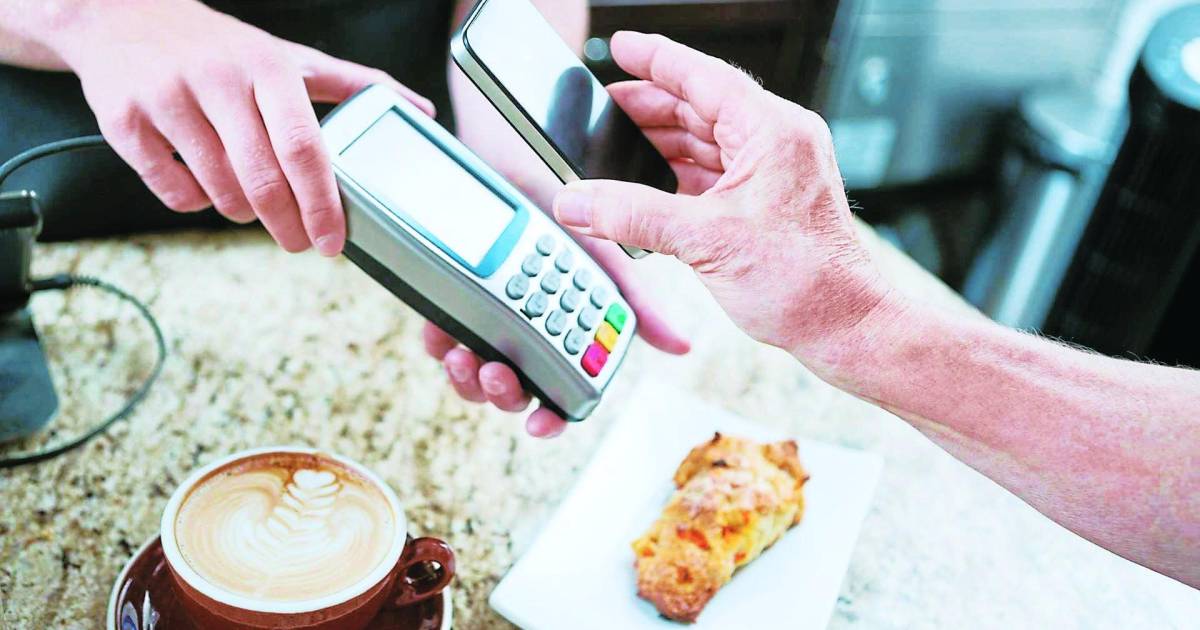Global Courant 2023-05-10 02:54:43
Nearly 350,000 users of electronic wallets have a maximum date of May 30 to carry out the personal data verification process in the authorized transaction centers (CTA), if they do not confirm the information, their accounts will be permanently blocked.
After the Security Secretary will announce the Integral plan for him Treatment of Extortion and Related Crimes, the National Banking and Insurance Commission (CNBS), the highest authority of the financial system, urged all supervised institutions to start an authentication process for 1,023,775 electronic wallets.
Until April, the institutions supervised by the CNBS they managed to update the information of more than 57% of the wallets; 42.5% (345,173) are pending.
The CNBS has established the 30th of this month as the maximum date for users to undergo the authentication process at authorized centers.
As an alternative to the process of updating user information, the CNBS and the supervised entities established prevention measures and facial recognition technology, fingerprint reading and double authentication factor to carry out transactions.
According to CNBSall the entities that offer the wallet service have complied 100% with those technological measures that already prevent criminals from using them to carry out extortion actions.
In November of last year, the Security SecretaryIn presenting the plan, he explained that “maras and gangs, emerging and opportunistic groups are using the benefits of electronic wallets” to extort.
criminals
According to the analyzes of this institution, the criminals used “stolen or lost identity documents associated with mobile telephone lines and once the money was collected, it was claimed by third parties who sent it to the criminal structure.”
Authentication factors used in Honduras
– Facial recognition and fingerprint reader. According to the National Commission of Banks and Insurance (CNBS) in Honduras there are 448,202 electronic wallets that work with a facial recognition system and fingerprint or double authentication factor.
– Wallets with text message technology. In the country there are more than 575,553 electronic wallets created with the unstructured complementary service data system (USSD), a protocol that uses text messages on phones without internet.
– Electronic wallets and financial inclusion. The electronic wallet is a means of payment and a technological tool that allows financial inclusion to people who, due to different circumstances, do not have bank accounts and credit cards.
A source of the Computer Crime Unit of the Police Investigations Directorate (DPI) considers “the measures they are adopting are the correct ones” to combat extortion.
Previously “I did tests on how to open electronic wallets and they did not ask for information, with only the phone number the code fell and the wallet was held, now it is linked to the ID of the person. Now we have to see compliance (…). It is understood that when a person opens an electronic wallet, that information must be verified through a web service of the National Register of personspossibly,” the agent said.
In the researcher’s opinion, “this will work the same when someone buys a SIM card for a phone. The information will have to be validated online and not as has been done up to now, with a copy of the identity that they send to the service provider company”.
Electronic wallets multiply
SAN PEDRO SULA. To date, according to CNBSthere are a little more than 1 million electronic wallets, however, the previous year that entity registered more than 1.5 million.
In 2022, according to the CNBS, the total number of electronic wallets amounted to 1,664,449. There was an annual growth of 18.3%, a percentage similar to that of 2021.
With the plan against extortionthe number of electronic wallets is declining because hundreds of these have not been authenticated by users.








